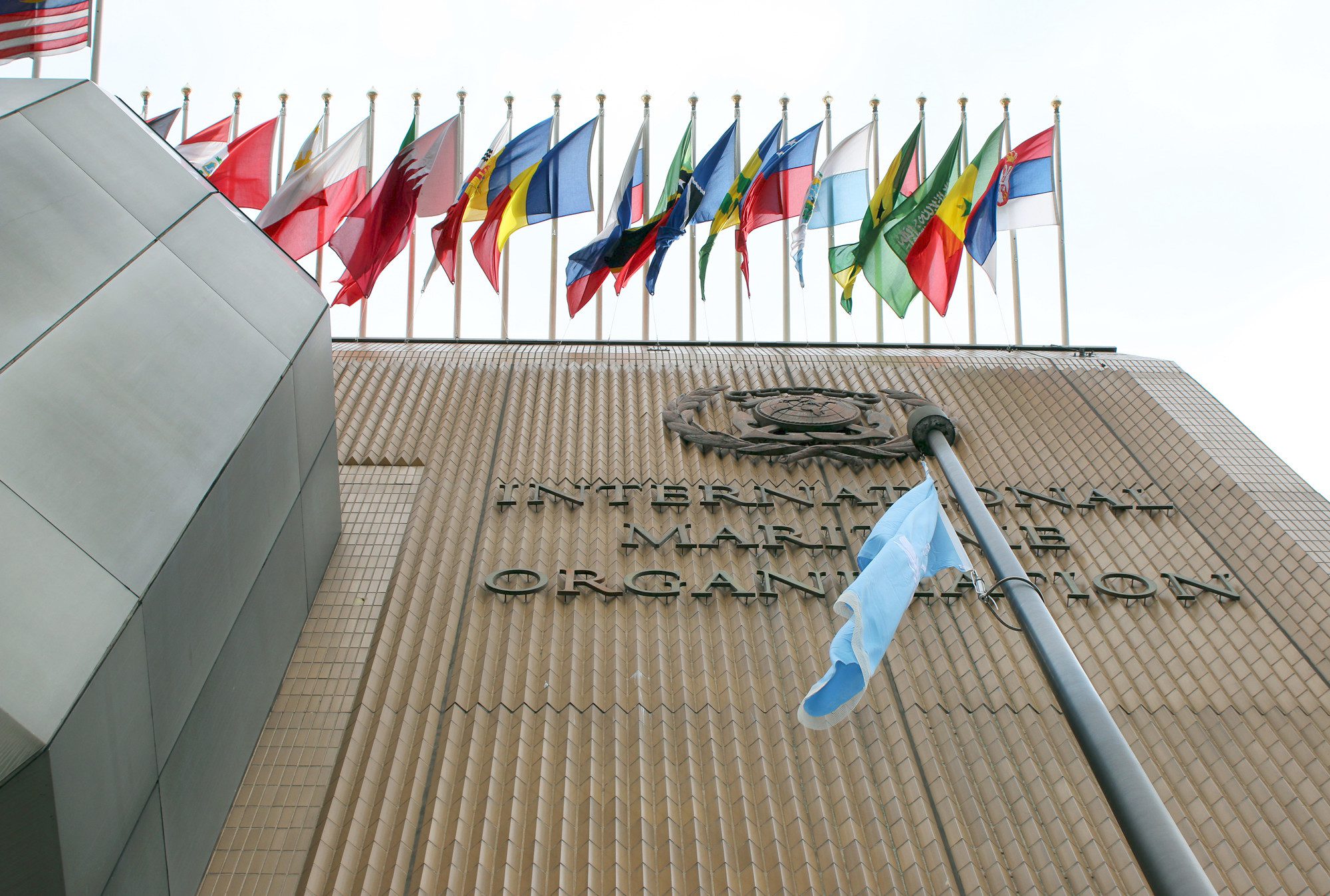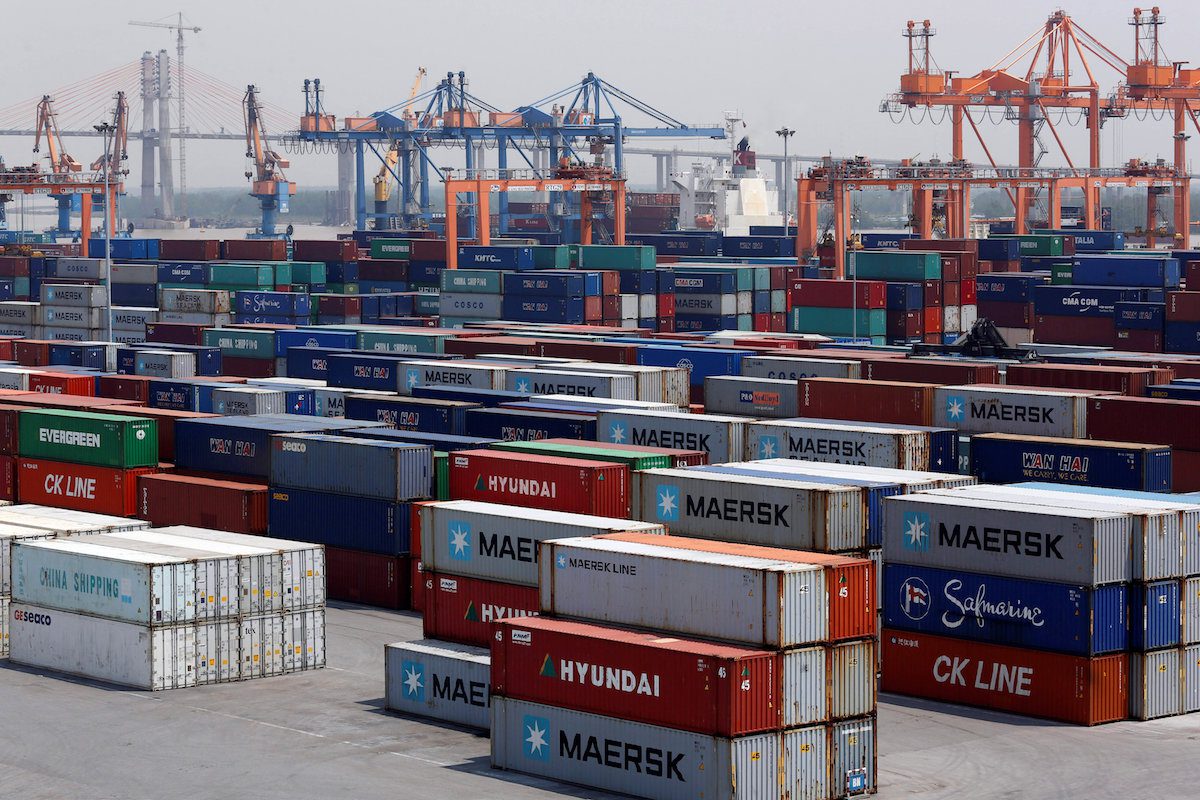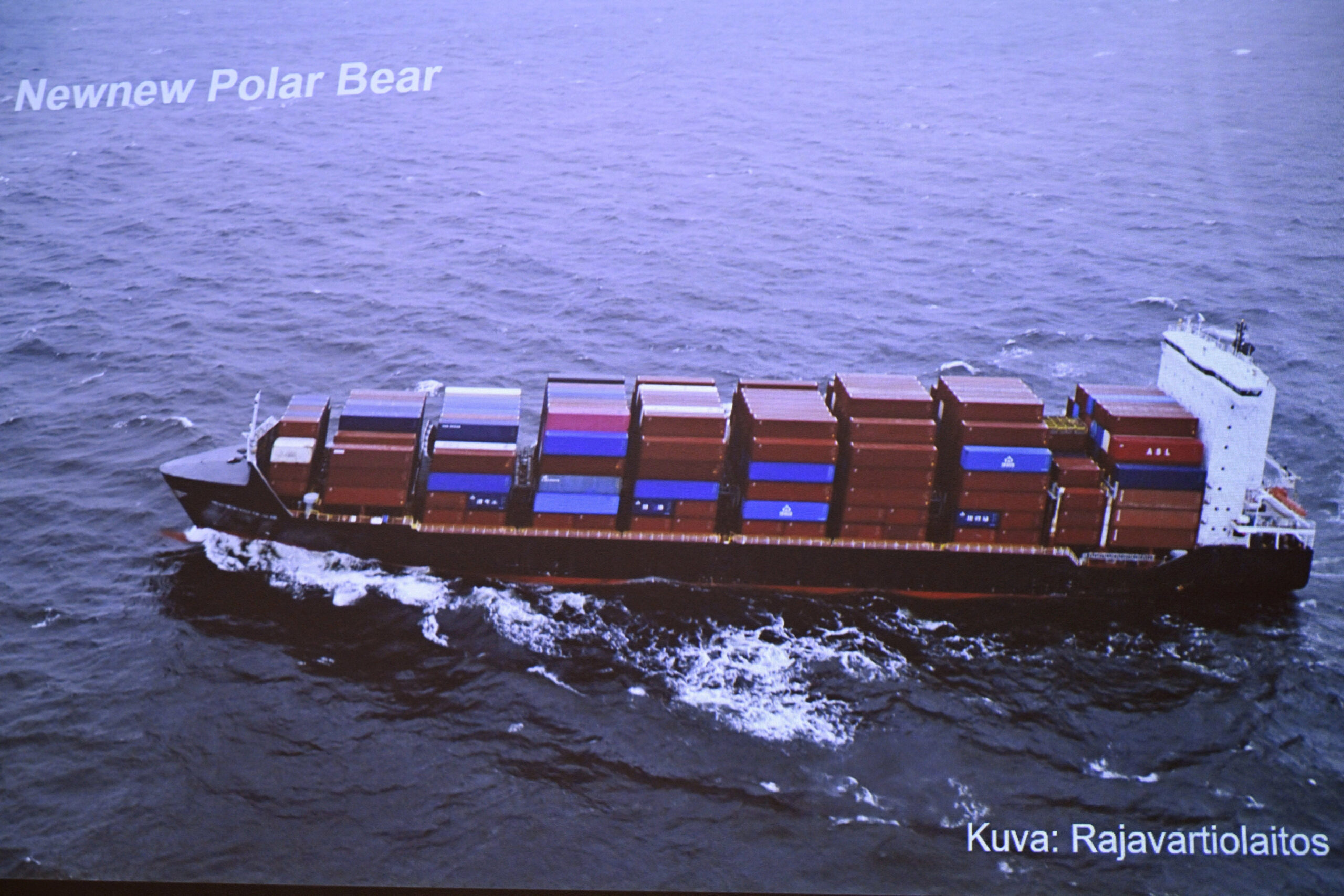The long-anticipated IMO MEPC 77 meeting (more officially the International Maritime Organization’s Maritime Environmental Protection Committee 77th meeting) kicked off on Monday, November 22nd. Though the meeting was held virtually, a number of delegates were physically at IMO’s headquarters on the Thames, in contrast to the MEPC26 confab, in June, held entirely online. The MEPC77 comes two weeks after the United Nations’ COP26 meetings in Glasgow- where shipping’s decarbonization pathway received greater attention than previously.
On the first of MEPC77’s five days, the talk from COP26 -where a vocal group of shipping organizations (and a few ad hoc coalitions) were stressing the industry’s commitment to moving to “Net Zero” on carbon emissions, by 2050, was looming large. As a reminder, the IMO’s “Initial Strategy” on greenhouse gases (GHG), agreed in 2018, mandated that the industry get part of the way there- to 50% GHG emissions (compared to 2008), but not all the way down to zero.
At the highly fractious MEPC26 meeting, delegates did manage to agree on shorter term targets on reduced carbon out to 2030, as well as agreeing to revise the “Initial Strategy” at the time of a future meeting, in 2023. The rating system for vessel carbon intensity (the A to E ratings for carbon intensity based on vessel operation), as well as the EEXI scheme (which deals with actual vessel design) will come into effect at the beginning of 2023. Both are provisions within the MARPOL international convention.
Even in the runup to COP26, the louder set of voices in the business (including shipowners directly impacted by IMO regulations, but also a number of big players from the cargo side) were vociferously demanding that the IMO move quickly on tighter targets for shipping’s emission reductions. Day 1 of MEPC77, heard from a number of delegations, which offered divergent views on the path towards the tighter targets. A target of “Net Zero by 2050” was supported by most (but not all) of the views expressed on the IMO’s quirky (some of the time) Zoom-like interface.
Getting to zero in that requisite timeframe is by no means a done deal. In official IMO-speak, the gauntlet laid down for organization delegates, offered that the MEPC “…is invited to consider proposals related the 2050 level of ambition and the revision of the Initial IMO GHG Strategy;” -forming Agenda item #7 on a lengthy list of objectives for the MEPC77 meetings.
Even among those is favor wanting to tighten up the decarbonization trajectory to get in line with broader international targets, divergent views on the IMO’s desired timing were expressed. The United States, in its comments, said: “The science is clear…in order to keep 1.5 Celsius [a target discussed at U.N. Climate conferences notably the COP21 Paris agreement of 2015], we must cut global CO2 emissions by 45% by 2030, relative to the 2010 levels, and reach Net Zero by 2050. Referring to a document submitted by a trio of Pacific Islands, the U.S. delegate affirmed support for a resolution with language stating: “In order to signal clearly to the shipping industry that GHG emissions should reach zero by no later than 2050 and that effective pathways are being developed, the Committee is invited to adopt at this session a clear, overarching statement, in the form a resolution, that the Organization is committed to GHG emissions from international maritime transport being reduced to zero by at least 2050. In this regard, the Committee is invited to consider with a view to adoption the draft MEPC resolution set out in the annex.” The exact wording would
Other nations took a more cautious approach on a group of proposals (resolutions) for the IMO to move full steam ahead on establishing the tightened goal for 2050. There were various objectors (I will call them the “slow voyagers”) raising concerns about financing, and technology transfer; these other nations implored the MEPC to consider and create more deliberate and carefully delineated pathways. For example, the Greek delegation voiced support for alignment with the Paris Accord, but cautioned: “We feel that more time and attention should be devoted to getting to climate-neutral shipping by 2050 feasibly and realistically. In this respect, [the delegation] would like to highlight that the transition to sustainable low and zero emission fuels is a highly complex issue which can only be resolved with targeted research and development and deployment of these fuels. On this issue, this delegation believes that the priority at this MEPC should be given to the discussion of mid and long-term measures to insure that emission reductions will be achieved. Having said that, at this stage, we feel reluctant to support the resolution….”
A delegation from Thailand expressed it this way- “We are of the view that the deliberations at the IMO should take into account the outcomes of other fora, especially of the COP 26…We agree that the IMO’s Initial Strategy should be reviewed, but it should be based on scientific research and evidence so that we can have a practicable standard.”
Like other back and forths at the IMO, discussions also got into “haves” versus “have nots” with several commentators from the latter camp urging that technology transfer arrangements be brought into the mix before final decisions are made. As the meeting shifts to Day 2 (Tuesday), the conversations will continue.

 Join The Club
Join The Club











